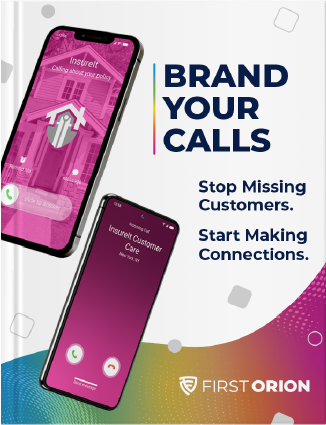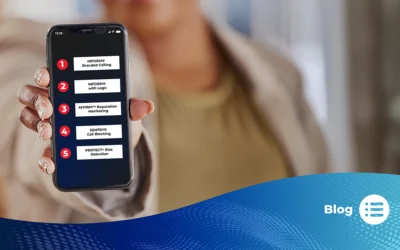Scammers thrive on preying on people’s weaknesses. With the current political climate surrounding immigration, scammers have found a new way to single out their victims. According to the US Citizenship and Immigration Services (USCIS), scammers are calling immigrants in the U.S. and pretending to work for Immigration, Refugees, and Citizenship Canada (IRCC).
 Per the FTC, these scammers have faked the number of the IRCC using caller ID spoofing, so it looks like you’re getting a legitimate call. When you pick up the phone, it’s not – they’re threatening people with investigation or saying there’s a legal case against them. By throwing around legal terms like “affidavit” and “allegations,” they’re betting that you’ll be intimidated into paying up. We’ve mentioned before that scammers like to snatch cash via money transfer or prepaid gift card, and, surprise! The IRCC doesn’t accept either of those methods of payment.
Per the FTC, these scammers have faked the number of the IRCC using caller ID spoofing, so it looks like you’re getting a legitimate call. When you pick up the phone, it’s not – they’re threatening people with investigation or saying there’s a legal case against them. By throwing around legal terms like “affidavit” and “allegations,” they’re betting that you’ll be intimidated into paying up. We’ve mentioned before that scammers like to snatch cash via money transfer or prepaid gift card, and, surprise! The IRCC doesn’t accept either of those methods of payment.
The Immigration, Refugees, and Citizenship Canada is a Canadian agency that facilitates the arrival of immigrants to Canada and helps them settle in. If they call, they won’t ask for you to confirm personal information that you may have given on an immigration application, like a date of birth or passport number. They definitely don’t threaten to arrest or deport people. In fact, the real IRCC isn’t even calling people in the U.S. at all!
If you get a call like this and are concerned, there are a few steps you can take:
- Call the USCIS. If you’ve gone through – or are currently going through – U.S. immigration, give their National Customer Service Center a call at 1-800-375-5283. Calling them directly ensures that you’re reaching the real deal and not a scammer, and you can ask if there’s anything to do about your case or status. You can also make an InfoPass appointment to talk with someone.
- Check out Canada’s Help Centre. If you’re going through Canada’s immigration process, this is a powerful resource against scam.
- Don’t send money. Seriously, put the gift card down. Learn how to pay fees, depending on what you’re applying for and where you’re coming from.
As always, it’s important to report this information to the FTC. Not only does it enable them to investigate these scams, it helps them warn others who could fall victim. When in doubt, hang up and report these calls.



